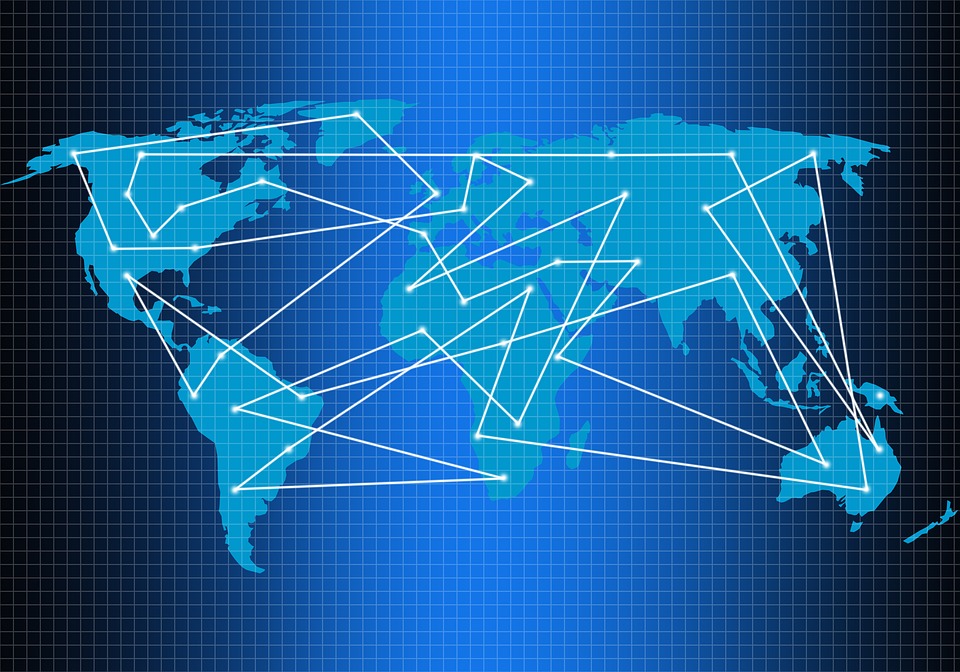The developed world has been lamenting about deglobalisation for a while now. Partly, because it has become difficult to dismiss the economic inequalities caused by unbridled chasing of profits by global corporations. A large part of their worries emanates from the realisation that the emerging markets have become better at understanding the trade games that the West has been playing for decades now.
Various treaties and agreements that the developed countries imposed on the world under the umbrella of World Trade Organisation (WTO) were written for and by the West.
The rules were written to divide the world into consuming markets and producing markets. The developed world would produce, and the developing world would purchase. This binary is still true in most regions of the world, but the rise of India and China has upset the configuration. Developed world came up with a host of non-tariff barriers (NTBs) to prevent goods and services from emerging economies to enter their domestic markets. Part of this was undermined by the western world’s obsession with lower costs that led to shifting manufacturing to China. European and US based companies could use China’s cheap manufacturing advantage to dominate global market share. In the process though, Europe and US damaged their own manufacturing abilities. While Chinese made goods have flooded the western markets, NTBs and other policies have created hurdles for other countries selling their products to the West.
While the West has lost its edge in manufacturing, it continues to hold out on agriculture. According to trade experts, the Agreement on Agriculture (AoA), part of the Uruguay Round negotiations, is heavily tilted in favour of the developed countries.
This agreement was prepared in a manner that the developed countries could retain most of their agriculture subsidies. However, the subsidies offered by developing countries to the poor was defined as trade distorting.
The developing countries were forced to reduce their non-product specific subsidies progressively to 10% of the total value of production.
For product specific subsidies, in calculation of the value of production, developing countries were forced to use an External Reference Price, which was the average of 1986-1988 prices.
These anomalies have never been acknowledged, and therefore not changed by the developed countries.
Such rules that are biased against the poor are being challenged by an increasing number of developing countries.
The WTO Ministerial Conference in Geneva this week will witness a concerted effort by the emerging giants to challenge the biased rules created by western economies. More than 80 countries have come together to submit a proposal to provide food security to the world and establish a permanent solution to the public stockholding issue.
These countries represent more than two-thirds of the global population include India, China, Indonesia and Nigeria, among the most populous nations. Many others are African, Caribbean countries and Pacific countries.
The current Director General of WTO is Ms Ngozi Okonjo-Iweala. A doughty personality, she was earlier the Finance Minister of Nigeria, MD at World Bank and head of GAVI, the vaccine initiative. Of all people, Ms Okonjo Iweala should realise the pain and struggle of emerging economies to feed their poorest. The unfair demands of the rich countries can’t be catered to at the cost of the most deprived in the world. Its worries about rising inequality must be seen in its actions to create a fair-trade world.
India is leading the efforts to bring together the developing world to change the rules in favour of the poorer economies.
Talks are on to rope in 20 more countries. Effectively, more than three-fourth of the global population is demanding a change in AoA. The developed world, which often presents itself as a saviour of the poor, should accept the facts and let go of its dominating role.
A similar issue is being challenged by India in the fisheries sector. The US and Europe have been giving subsidies to marine farmers for several decades. Now countries like India are on the cusp of breaking into the global marine products market. Anticipating increased competition from emerging markets, the developed world wants to stop them from offering subsidies. India wants control for all fishing activities up to 200 nautical miles from the exclusive economic zone without restrictions.
To develop a high seas distant water fishing industry, India also wants a 25-year transition period where no subsidy conditions can be placed by WTO. This window of 25 years will allow India and other developing countries to invest and enhance its fisheries sector. While the West uses highly sophisticated trawlers and has been accused of over-fishing, the fishermen communities in regions like India produce for local consumption. Effectively, the rich countries want to maintain their subsidies but are preventing the poor countries from giving incentives which would boost their own marine production.
IN CONCLUSION
The rules for the next phase of globalisation will be co-authored by emerging markets. No longer can the developed countries set the rules and expect the rest of the world to accept them meekly. The developed world should remember the lessons from the WTO Cancun Ministerial in 2003, which marked the decline of an unjust global trading framework.
The developed world worries about the food crisis caused by the war in Ukraine but still retains its own financial benefits, while preventing the poor countries from developing their economy. Whether in manufacturing or agriculture or fisheries, the developing world is now uniting to protect its interests.
Pranjal Sharma is the author of “India Automated”.

